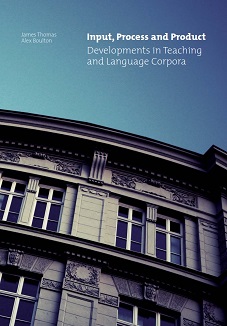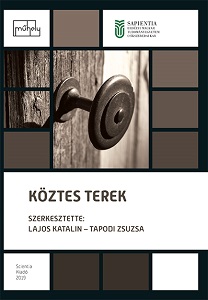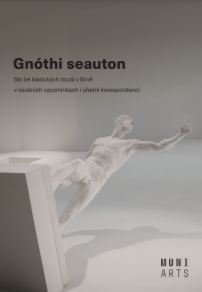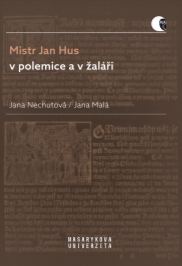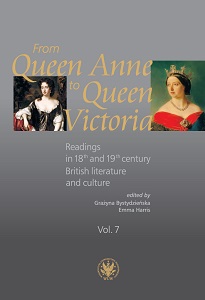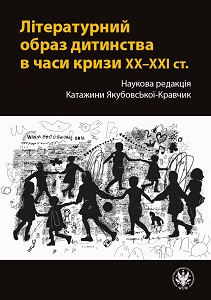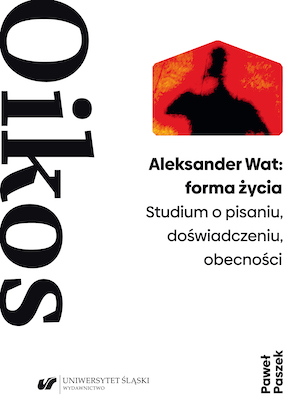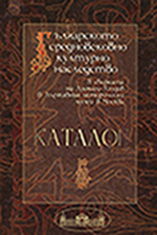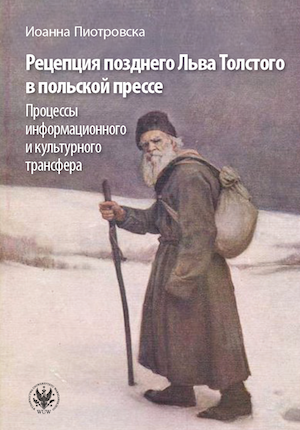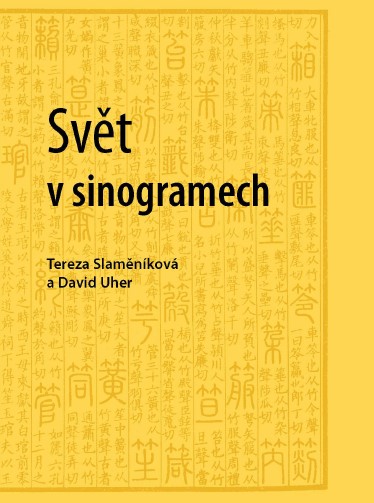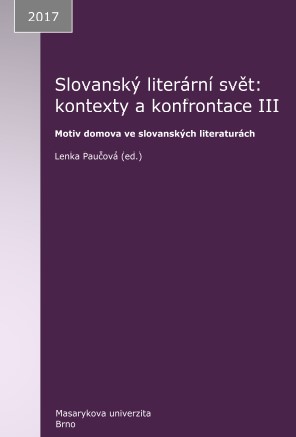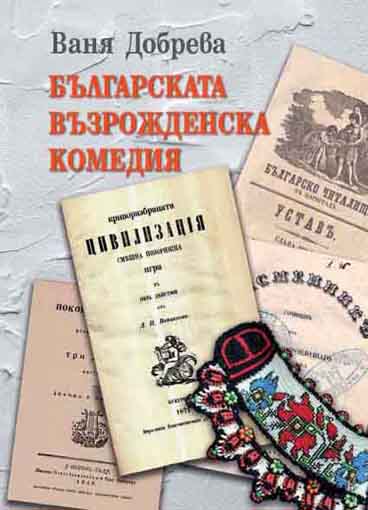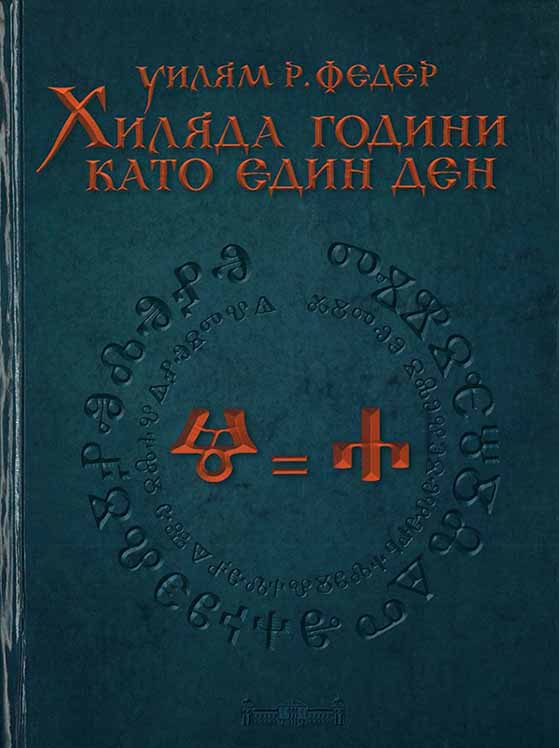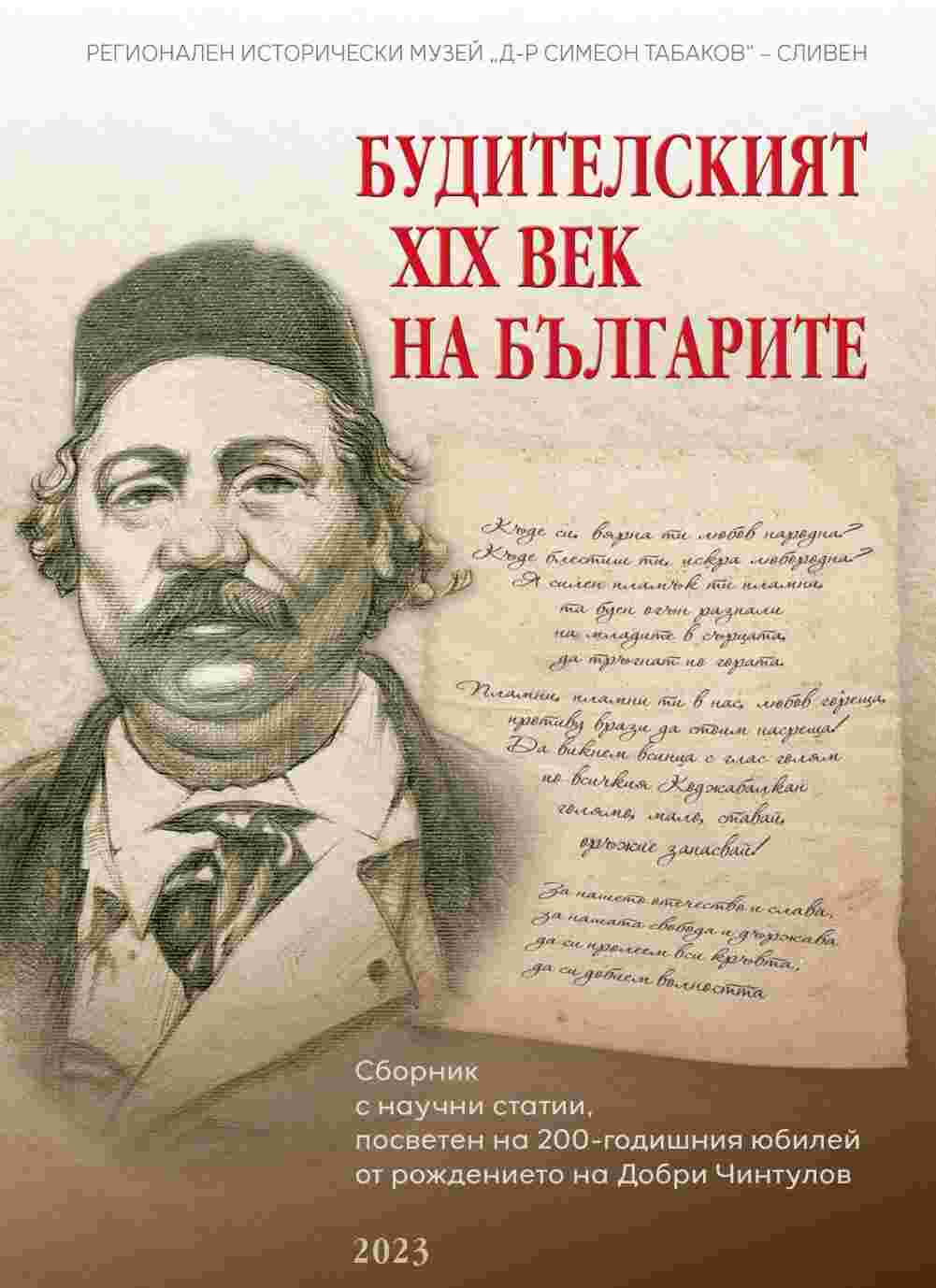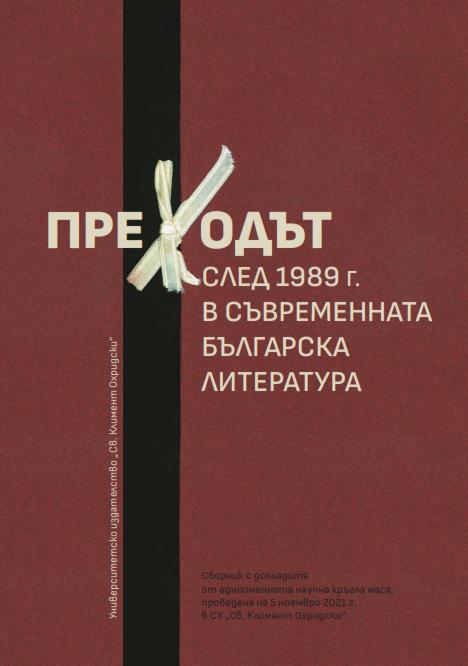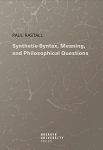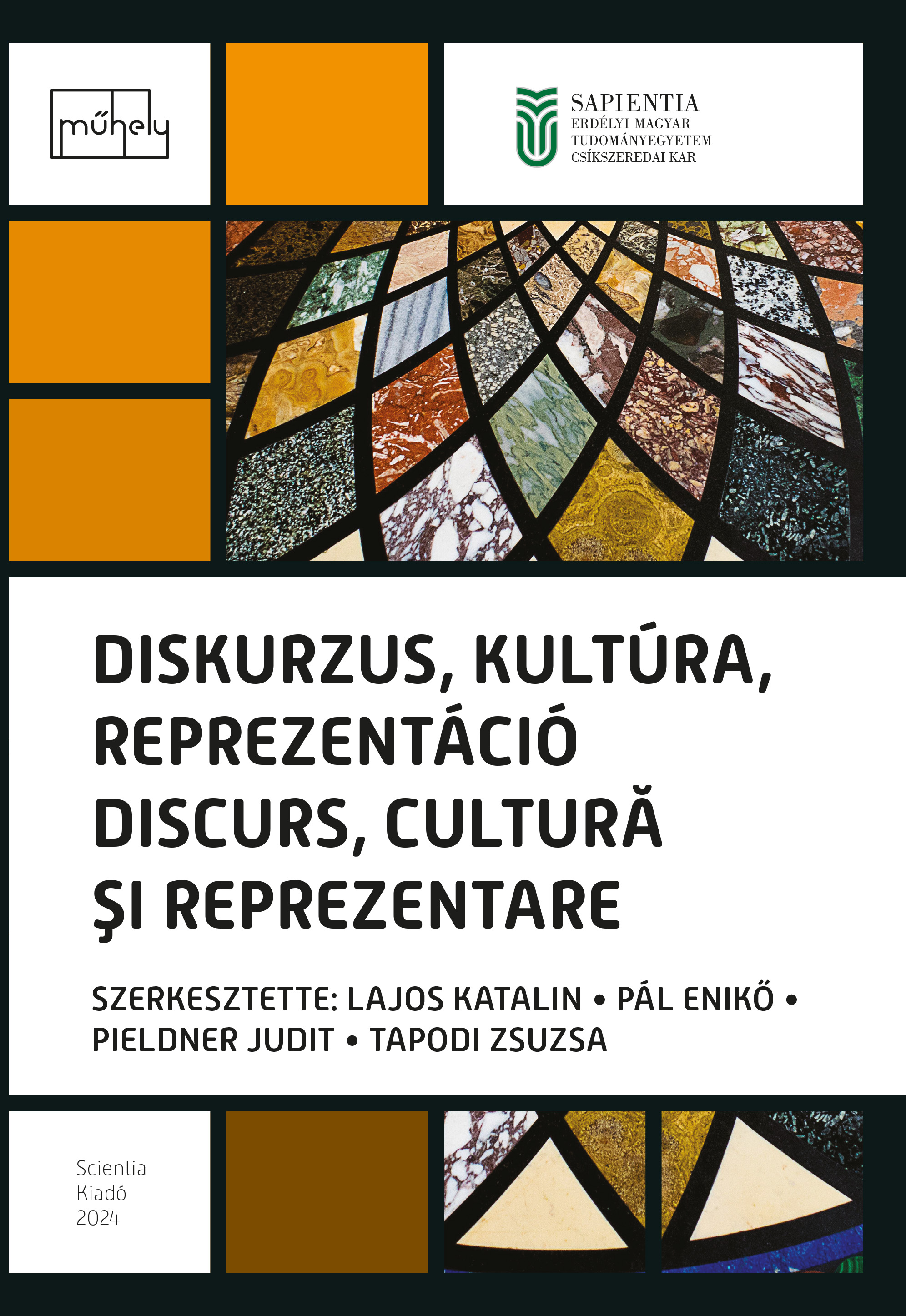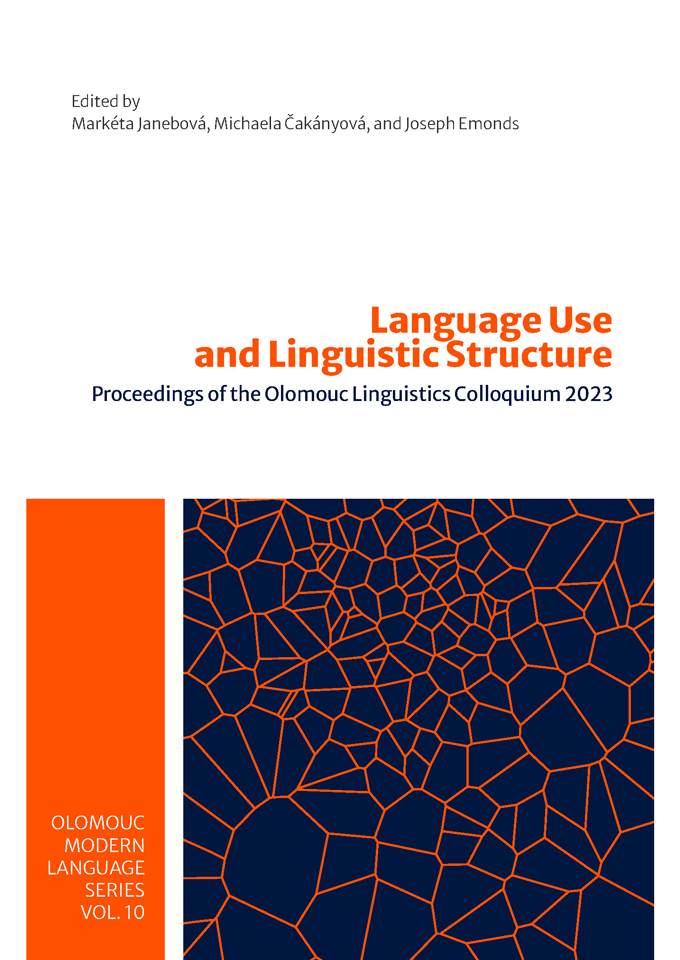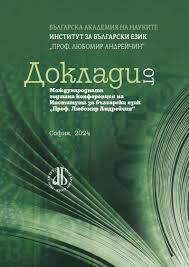Author(s): Svetlina Nikolova,Maria Yovcheva,Tania Popova,Lora Taseva / Language(s): Bulgarian
The tragic fate of the Bulgarian medieval cultural heritage is well known to the specialists. Less is known, however, about it by the Bulgarian and foreign cultured public. It is an important part of the all-round historical path of the Bulgarian people and not only does it deserve a careful, thorough and detailed study but every Bulgarian should be familiar with it. As all over the world, the monuments of Bulgarian culture of the Middle Ages have gone through the natural changes occurring in the course of time. Besides that, they have been destroyed and deformed during the numerous wars, foreign invasions and armed conflicts in the territories inhabited by the Bulgarian nationality after the formation of the Bulgarian State in 681. The written heritage of the Bulgarians from the Middle Ages is no exception in this respect. Certain specific peculiarities exist, however, in the fate of the Bulgarian medieval book. In the first place, because it was easy to carry, already in the Middle Ages in a great variety of circumstances it sometimes left the original places where it had been created, used and preserved, it travelled together with its owners along roads which have often remained unknown to us to the present day and finally settled outside the Bulgarian ethnic territories. This phenomenon is well known also from the history of medieval manuscripts all over Europe. As regards the Bulgarian medieval codices, it had certain important specific cunsequences, particularly during the periods of the 11th and 14th–16th centuries. It was precisely then that the Bulgarian literature and Bulgarian writing of the 9th–10th and 14th c. as a whole had a marked impact on the emergence and development of the Old Russian written culture of the 11th and 15th–16th centuries and on that of Wallachia and Moldavia of the 14th, 15th and 16th centuries. During those periods in Ancient Russia, in Wallachia and Moldavia became widespread works of the Bulgarian medieval literature, whilst in Wallachia and Moldavia even the Old Bulgarian language of SS Gyril and Methodius was used in its Middle Bulgarian form as official state language from their establishment in the 14th c. up to the 17th c. In these processes an essential role was indubitably played also by the transfer of handwritten books from the Bulgarian cultural centres after Bulgaria's fall under Byzantine rule in the late 10th c. – early 11th c. and under Turkish domination in 1393–1396. The moving out of medieval manuscripts from the territories inhabited by Bulgarians, in many cases prompted by the concern of their owners to preserve them from destruction, reached its peak in the 19th c. On an extremely large scale it began in the 30s of the century and in general ended in the late 70s although cases are known when manuscripts were exported from the Bulgarian lands even up to the beginning of the 20th c. In point of fact within a mere 400-50 years foreign travelling collectors who visited the lands inhabited by orthodox Christians in the Turkish Empire and who included many learned Slavicists, mainly from Russsia, took away large amounts of manuscripts connected with Bulgaria's cultural history. At present we have at our disposal information that in certain cases these manuscripts were given as presents by their owners who were chiefly monastic libraries; in other cases it is known that they were sold owing to the need for money and to not being aware of their value; we know that sometimes they were taken to be studied, with the promise to be returned. In the majority of cases they were taken away without any permission, and there were quite many manuscripts from which in the most barbarous way were torn separate leaves, requiring considerable effort on the part of the present scholars to be identified. In this manner was caused the dispersal of the Bulgarian medieval written heritage all over Europe, the main part of the removed manuscripts concentrating in Russian collectors. Moreover, so far science has established that actually the most valuable written monuments of the Bulgarian literature of the Middle Ages preserved now in their largest part are outside Bulgaria's boundaries. Fortunately as early as in the second half of the 19th c. part of the Slavonic medieval manuscripts collected in the territory of the Turkish Empire began to enter public depositories and to this day this process has been thoroughly completed. This considerably facilitates the study of the medieval written heritage connected with Bulgarian culture and preserved now abroad. Although initiated in the 19th c., this study has not been completed yet. It should be pointed out forthwith that it will hardly be completed in the near future. Notwithstanding the existence of enormous scientific interest in the monuments of Bulgarian medieval culture kept outside Bulgaria from the moment of their discovery to our days, researchers in principle direct their efforts to individual monuments or their individual peculiarities and extremely seldom – to the comprehensive presentation of all monuments of the Bulgarian cultural heritage in the separate collections historically formed and preserved in the contemporary depositories. In order to complete as soon as possible the process of collecting all pieces of written evidence about the development of Bulgarian literature from the Middle Ages and scholars to focus their efforts solely on its study, it is high time to proceed towards a purposeful and consistent cataloguing of all foreign collections.existing at present, of medieval manuscripts in which there is evidence of Bulgaria's medieval culture and that in many cases have remained completely unknown so far. In this respect particular attention need Russia's depositories keeping several hundred thousands of Slavonic medieval manuscripts, a considerable part of which contain monuments of the Bulgarian medieval culture. One of the richest among them is Russia's largest museum: the State Historical Museum in Moscow. One of its collections richest in monuments of Bulgarian culture is the collection of the big Moscow merchant Alexei Khludov (1818–March 22, 1882). What is more, this collection is one of the richest in the world in monuments connected with Bulgaria's written culture of the Middle Ages. Although it has been known to science since 1872 when the eminent Russian scholar Andrei Popov published the first detailed inventory of more than half of the manuscripts found in it (in 1875 he added to it the description of another 68 manuscripts) though some of the Bulgarian monuments had been researched several times or even published in full (like for instance the famous octoich of Strumica of the first half of the 13th c., the so-called Khludov or Lobkovski Prophetologion of the late 13th – early 14th c., the so-called Karpinian Gospel of the 13th c. and the Karpiniane Apostole of the early 14th c.), so far all the time in Alexei Khludov's collection unknown proofs of the Bulgarian medieval written culture continue to be discovered. It needs, therefore, not only new partial studies but in the first place – an all-round cataloguing of all Bulgarian monuments in it which should open the way for new thorough researches and show to wide circles of the Bulgarian public the necessity for carrying out such work on all the collections, kept abroad, which contain materials connected with Bulgarian medieval culture. The aim of this catalogue, therefore, is to describe briefly in compliance with the level of contemporary science the particularities of all the manuscripts of the Khiudov Collection in the State Historical Museum in Moscow that are in some way connected with the Bulgarian written heritage of the Middle Ages, also indicating all copies of original works of Bulgaria's medieval literature. The original selection of the manuscripts was carried out on the basis of the existing scientific literature on them, and their final selection was made after direct work by the authors of the catalogue in the Manuscript Department of the Museum. Thus of the 524 medieval manuscripts extant now in the collection had been chosen 134 manuscripts of Bulgarian, Serbian, Wallachian-Moldavian and Russian origin from the 13th to the 19th c. which were researched in Moscow with a view to preparing the present catalogue. Of them in the book are incorporated 98 Bulgarian, Serbian, Wallachian-Moldavian and Russian manuscripts of the same period. In the first place in the catalogue are presented the manuscripts where the Middle Bulgarian orthography was used, irrespective of where they had emerged, since the Wallachian-Moldavian codices, Middle Bulgarian as regards orthography, most accurately reflected the orthographical reform of Patriarch Euthymius of Turnovo. Besides that are included all Serbian and Russian manuscripts with respect to origin or orthography and which contain texts from works by Bulgarian medieval writers, parts of such works or direct references to them, as well as memories of Bulgarian saints or saints specially held in reverence by the Bulgarians. In the catalogue are embodied also Serbian manuscripts as regards orthography which do not contain Bulgarian works or Bulgarian memories but about which it may be assumed to have been written in the Southwestern Bulgarian lands after 1282 when they were included in the boundaries of the Serbian State and the Serbian orthography began to be used in them or about which there are data that they were used for a long time in these regions. The arrangement of the manuscripts and the principles of their description are based on the contemporary Bulgarian archaeographic practice and conform to the composition and features of the codices included in the catalogue. The material is arranged in three big sections: Biblical Books; Liturgical Books; Works of Byzantine and Old Bulgarian Writers. Each description contains several elements: 1. Number according to the present catalogue. 2. Signature in A. Klhudov's collection under which the manuscript is kept at present. 3. Title and dating. 4. Number of sheets, format, condition of the original pagination of manuscript and of the entirety of the inner book. 5. The material on which the book is written. 6. Type and dating of the binding. 7. Writing and presence of more than one handwriting in the manuscript. 8. Decoration. 9. Contents. 10. Notes. 11. Orthography. 12. Data on the history of the manuscripts after their removal from the places where they had been kept up to the 19th c. 13. Literature. In the work on the catalogue we were helped by many persons and institutions to whom we owe our sincere gratitude. With learned advice of and particular use to us besides L. Mavrodinova and H. Miklas, direct participants in the work on the project, were also Kl. Ivanova, L. M. Kostyukhina, G. Popov, R. Pavlova, G. Petkov and El. Velkovska to whom we express our profound gratitude. We sincerely thank the associates of the Scientific Archives of the Bulgarian Academy of Sciences, of the Archaeographic Commissionm at the "SS Cyril and Methodius" National Library and the Section on the History of the Bulgarian Language at the Bulgarian Language Institute of the Bulgarian Academy of Sciences who helped us by placing at our disposal for use their material from the A. Khludov Collection. We feel it necessary to express our gratitude to the State Historical Museum in Moscow that allowed us to prepare the catalogue and assisted us in the work on it, especially to its General Director Mr Alexander Shkurko, his deputy Mrs Tamara Igumnova, to the Head of the Manuscript Department Mrs Elena Serebryakova and to all members of the staff of the Department. The preparation and publication of the catalogue would have been impossible without the financial assistance of the PHARE Programme of the European Union. The catalogue was drawn up and published with money under the project "Arts Development Fund of the PHARE Culture Programme" after a competition by decision of the Ministry of Culture of the Republic of Bulgaria. We are greatly indebted to all who correctly appreciated the importance of the project and provided us with funds, including for direct work with the manuscripts at the State Historical Museum and for microfilming part of the material, without which the good-quality production of the catalogue would not have been possible. We are also grateful to the British Council, entrusted with the management of the Arts Development Fund, particularly to Mr Peter Tchesnovsky who all the time rendered us invaluable assistance and whom we consulted during all the stages of the work on the project in connection with drawing up the necessary administrative documentation. Now that the catalogue has already been completed, it may be said that the full elucidation of the material linked to the Bulgarian medieval cultural heritage from A. Khludov's Collection has fully justified our original expectations. In the process of work were introduced a number of specifications and corrections in the information hitherto known about the manuscripts (they are indicated in the concrete descriptions). The authors of the catalogue have traced scores of unknown copies of works of Bulgaria's medieval literature of the 9th–10th c., indicated in the respective descriptions: e.g. two 14th century copies of the Canon of St. Dimitrius of Salonika by the Slav Enlightener Methodius, scores of 14th and 16th c. copies of works of St. Clement of Ohrid (sermons and hymnographic works), 14th century copy of the Service of St. Cyril Philosopher, several 14th c. copies of anonymous Bulgarian hympnographic works of the 9th and 10th c., numerous memories of SS Cyril and Methodius, St. John of Rila, St. Petka of Epivat, St. Ilarion of Muglen, St. Joachim of Ossogovo, St. loan of Polivot in manuscripts from the 14th to the 16th c., etc. What is worth noting is that in her work on the octoichs M. Yovcheva discovered even unknown hymnographic works of St. Clement of Ohrid in 13th and 14th c. manuscripts, some of which contain in acrostic the name of the author and which are reported for the first time in science in this catalogue. Thus the catalogue, I hope, is of considerable scientific value and opens new vistas for the study of the written heritage of the Bulgaria people in the Middle Ages. Taking into consideration also the hitherto known texts of works of Old Bulgarian literature which are in the manuscripts of Khludov's Collection – from the Prologue to the Gospel by St. Constantine-Cyril Philosopher, the numerous copies of the eulogies and edifying sermons of St. Clement of Ohrid and Peter Ghernorizets, the hymnographic works of St. Clement of Ohrid, Constantine of Preslav and St. Naum of Ohrid, the service of St. Cyril Philosopher, works of John Exarch of Bulgaria, the life of St. Antony the Great of Atanassius of Alexandria translated by Joan Presbyter, the Story of the Tree of the Gross by Priest Jeremy, the Sermon of Priest Cosma against the Bogomils, the extended lifes of Bulgarian saints of the 13th c., the life and service of Metropolitan Peter by Cyprian Camblak, the service of St. George Novi of Sofia, among which are found works known to this day to science only thanks to their only copy, kept in A. Khludov' s Collection (like the Second Service of St. Methodius, the work of his anonymous disciple, the Bulgarian apocryphal chronicle of the 11th c., the Chronological Story of the translation of the relics of St. Petka of Turnovo of the 13th c.), it is clear of what enormous value for the study of the entire Bulgarian medieval literature is this collection. From its contents, revealed for the first time in full in the present catalogue, it becomes evident that it is a remarkable compendium for the study of Old Bulgarian literature, particularly of the period of the Golden Century (late 9th – early 10th c.), when Bulgaria played a leading role in the development of Christian culture among the Slav peoples in the region of Southeastern Europe. It is our hope that as from now on scholars will be able calmly to concentrate their efforts on analyzing the priceless monuments revelled in the catalogue and connected with the Bulgarian cultural heritage from the manuscripts in A. Khludov's Collection. It is also our hope that this catalogue will give impetus to and be a model for the preparation of similar descriptions of all Bulgarian written monuments from the Middle Ages, scattered at present in foreign book depositories. This is of paramount importance with a view to the completion of a process which has taken an excessively long time for tracing all hitherto preserved testimonis of the Bulgarian medieval cultural heritage and no doubt a topical task of contemporary science.
More...
